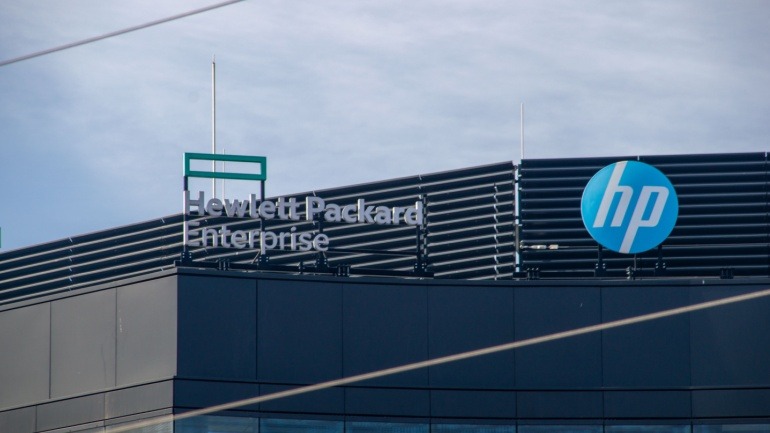An environmentally driven imperative established in June 2021 is assisting organizations in adopting greener litigation proceedings. The cadre spearheading this movement, predominantly comprised of committed lawyers, seeks to lower dispute resolution’s ecological impact in courts across England and Wales.
The initiative aligns its objectives succinctly with the 2015 Paris Agreement, which aims to limit global warming increment to 1.5°C. A pivotal part of the plan is the Greener Litigation Pledge, which finds endorsers in organizations striving for Net Zero carbon emissions.
An instrumental adherent to this agreement, as per their press release, is VMO2. Enrique Medina Malo, the General Counsel at VMO2, elucidates the essence of their commitment, “By signing the Greener Litigation Pledge, we’re building on our commitment to achieve Net Zero carbon emissions across our operations, products, and supply chain by the end of 2040”.
The proactive measures undertaken by the firm in 2020 resulted in a remarkable 29% emission reduction compared to the baseline year, counteracting the release of over 29 million tonnes of carbon into the earth’s atmosphere. The UK’s Carbon Trust recognized VMO2 as one of its first companies in hailing their pledge to achieve net-zero carbon emissions. The company’s plan called “Better Connections,” aims for a 90% reduction in Scopes 1, 2, and 3 emissions by 2040.
While sustainability progress is undeniably apparent, the overall impact begs validation. Interestingly, VMO2’s competitors in the UK share similar environmental aspirations. For instance, Vodafone endeavors to neutralize its UK operations’ carbon emissions by 2027 and globally by 2040. In another stride, Three UK aims at a 50% reduction in its emissions and a 42% cut in its indirect emissions by 2030. BT, the parent company of EE, aims to be a Net Zero business by March 2031, which will further extend to supply chain and customer emissions (Scope 3) by the end of March 2041.







